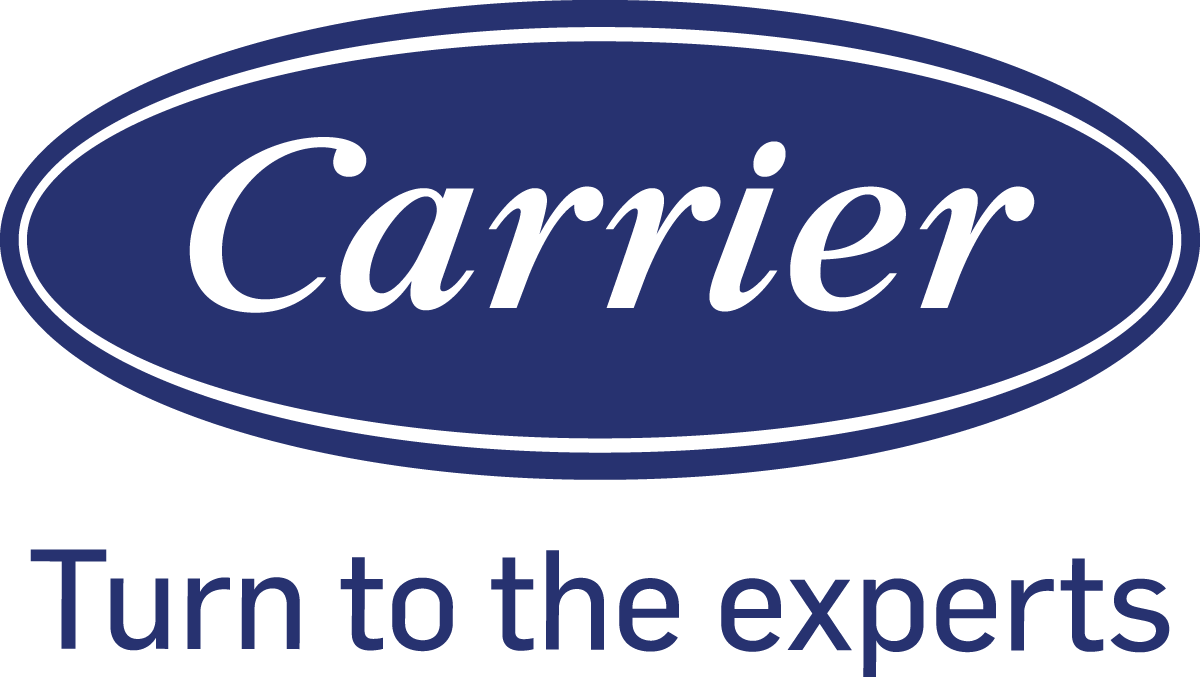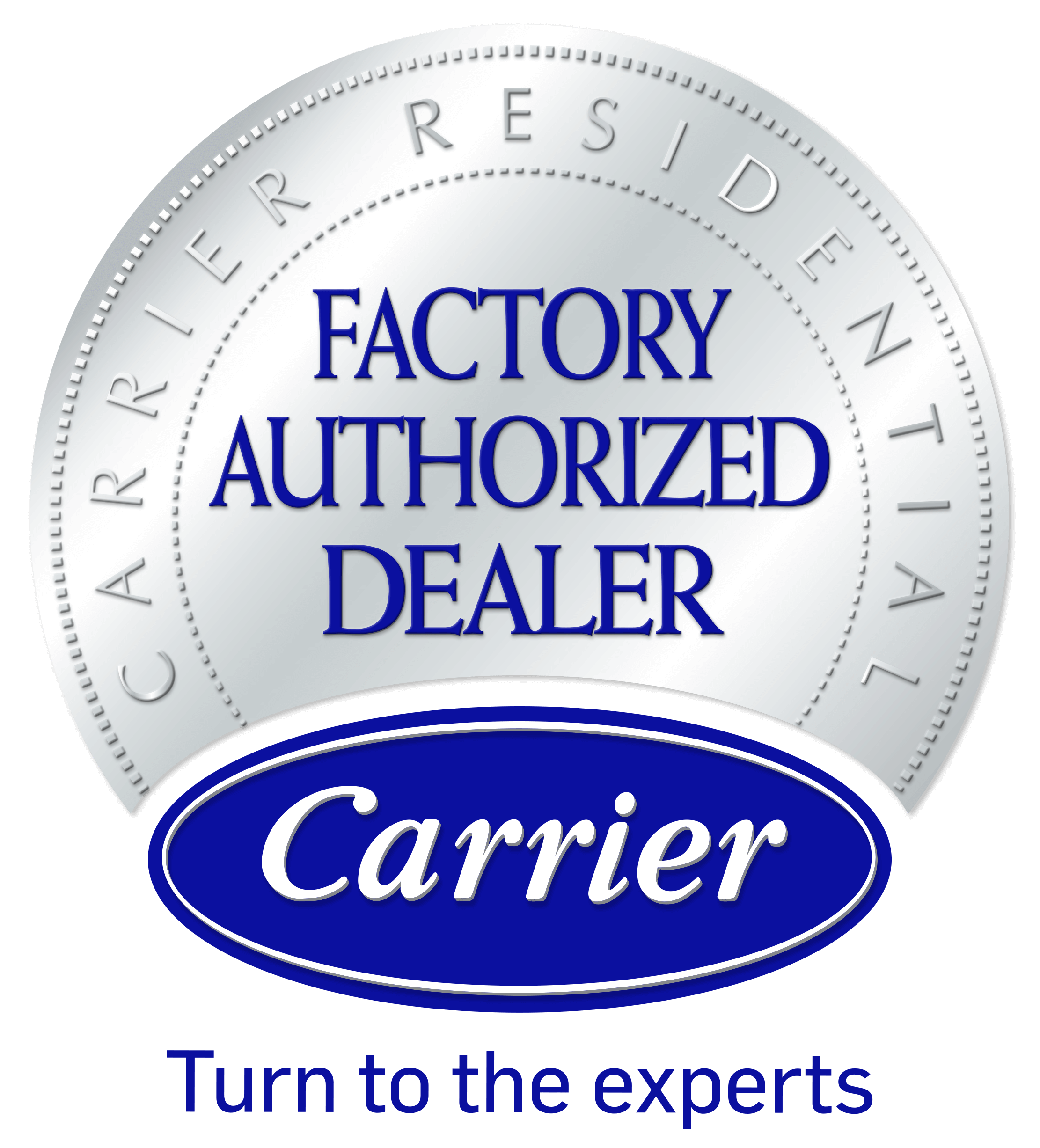Read our communication regarding new measures our team is enacting in this critical time.
 We’re Always Open!
We’re Always Open!703-291-1926
Why Are My Outlets Getting Hot?
Electrical issues can be a nuisance, but they can also be dangerous, causing fires or electrocution if left unchecked. Most problems can be traced back to the age of the home, faulty workmanship or materials, damage from pests, or user error, but regardless of the cause, should always be investigated by a licensed electrician. One such issue is outlets that become warm or hot to the touch; read on to learn what can cause this problem, and when to call for help.
5 Reasons Your Outlets Are Hot
There could be a few explanations for why your outlets are becoming hot to the touch.
- Aging materials. Depending on the age and condition of your home, the outlet may be worn out and need replacing. Any outlet that is visibly broken, chipped, cracked, or worn should no longer be used until it can be replaced. Loose contacts within the unit, or wires that may be touching, are both hazardous, since this type of insufficient connection, rather than tripping the breaker and ending the flow of power, allows the electrical current to continue to flow. When electricity encounters this type of resistance throughout the circuit, things can heat up, and there is risk of fire. To prevent further damage, locate the appropriate circuit breaker and turn it off, before calling your electrician for service.
- Unreasonable demand on the outlet. Your home’s electrical system is carefully configured with a series of circuits, which under normal use should work together in harmony, providing uninterrupted power to every area of your home. Each of your wall outlets is part of a circuit, either general purpose for the majority of your wall outlets or lighting, or a dedicated circuit, which powers a high wattage appliance such as an electric range, or clothes dryer. No single device plugged in to an outlet, should exceed 80 percent of the capacity of that circuit. When a plug is overloaded, it should trip the circuit breaker, however a warm or hot outlet, is a warning sign you should not ignore. Try reducing the load on the outlet to see if that solves the problem before calling for service.
- Unreasonable demand on the circuit. At first glance, your electrical panel may seem like a mish-mash of wires and cables, but in actuality is a complex network. Most household electrical circuits are wired as part of a series: wires are looped through the panel, and stop at the outlet, before proceeding on to the next. Because of this configuration, the current used on one outlet that is part of a circuit, can effectively pass through another. If the level of current is excessive due to overuse, the secondary outlet may become warm to the touch even when not in use.
- Faulty plugs. Pay attention to the condition of plugs on small appliances and lighting. Worn or frayed cords, and bent or broken prongs can cause the appliance and/or the outlet to heat up, and may lead to fire. Stop using the item immediately and repair or replace as needed.
- Natural causes. As a sign of the times, products such as printers, modems, cell phones, video cameras, and even certain small appliances utilize a type of mini-transformer, typically a black or white square or rectangular box, instead of a standard plug. They are designed to transform, or convert the voltage input (AC) to a different voltage output (DC), and in doing so can produce some heat. If the outlet should become warm, unplug the unit and check the outlet again in an hour. If the outlet should become hot however, disconnect the unit and call for professional assistance.
Electrical Services in Northern Virginia
Whatever electrical problem you’re having, our electricians can solve it! We’ll diagnose the problem and perform the electrical repair as quickly as possible so you can have your home back to normal. Don’t deal with frustrating outlets that just won’t work; give us a call for electrical services in McLean, Arlington, Vienna, or anywhere in Northern Virginia and we’ll get them fixed!
Give us a call today at 703-291-1926 or contact us online!









